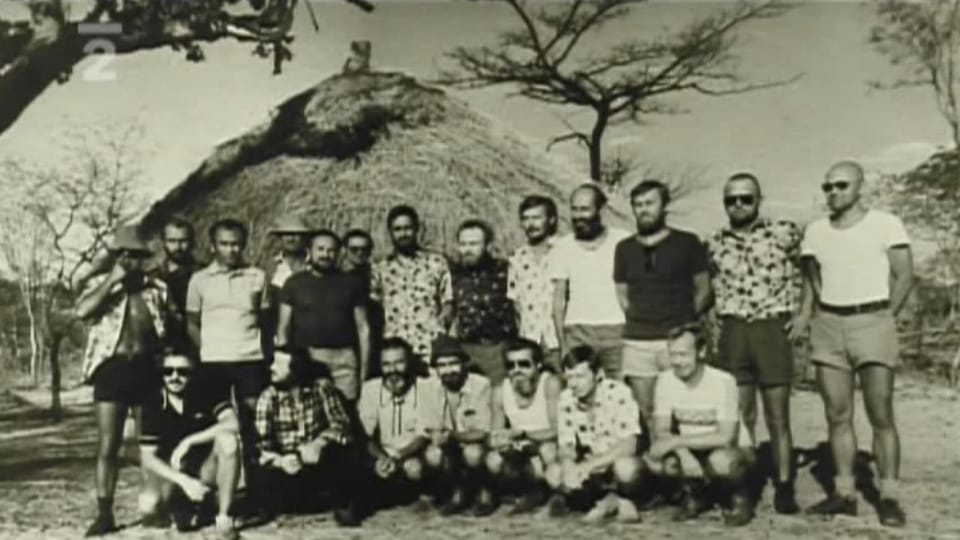
Photo: Zajati v Angole/Česká televize
A group of 66 Czechoslovaks, including women and small children, were abducted and forced to walk 1300 kilometres after being captured in Angola by members of the guerrilla UNITA movement, all the while suffering from diarrhoea, exhaustion and terror.
In the early 1980s, civil war had broken out in the southwest-African country of Angola following the end of its war of independence against Portugal. A power struggle between two former anti-colonial guerrilla movements, the communist People’s Movement for the Liberation of Angola (MPLA) and the anti-communist National Union for the Total Independence of Angola (UNITA) was raging.
The Angolan Civil War had effectively become a Cold War proxy conflict, as UNITA was backed by the USA while the Marxist MPLA had the support of the Soviet Union, Cuba and Czechoslovakia.
With the assistance of Cuban soldiers and Soviet support, the MPLA had managed to win the initial phase of conventional fighting and become the de facto Angolan government. The Czechoslovak government had agreed to aid the fledgling communist state by helping resurrect and run the Angola Cellulose and Paper Company in the area of Alto Catumbela, which had been left derelict after the Portuguese withdrew.
See the rest here.
Authors: Anna Fodor, Klára Stejskalová

